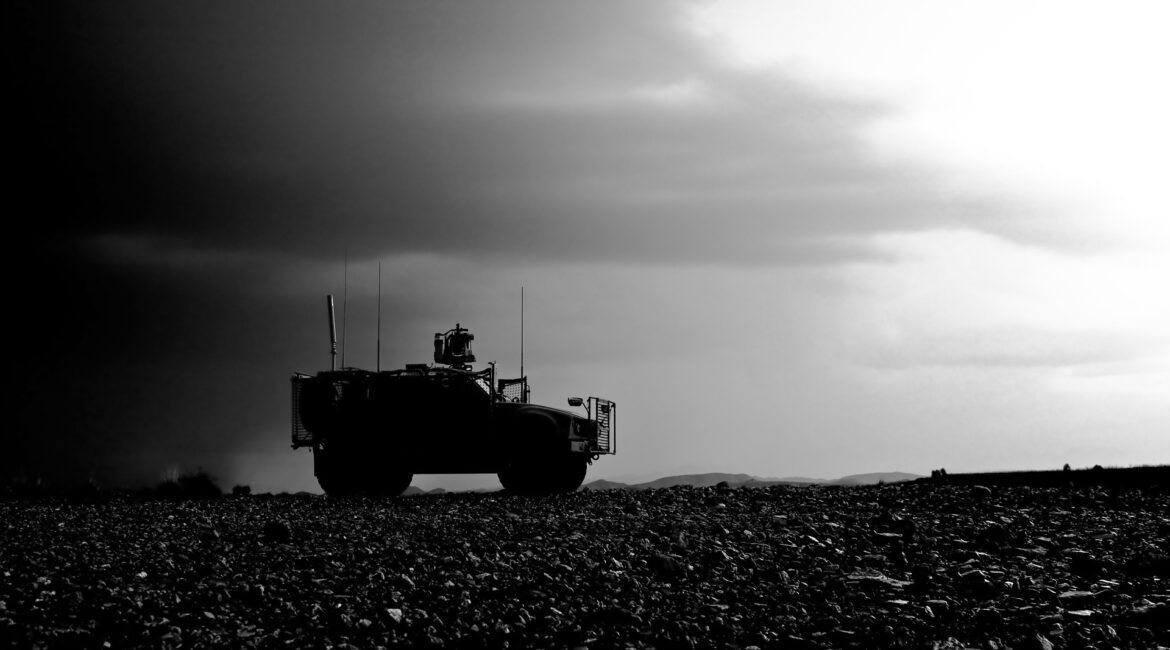By the end of December, all United States military involved in operations in Iraq (which were officially terminated on December 9) will be pulled out. Whatever forces do stay behind will be charged exclusively with safeguarding American key objectives, such as the US Embassy in Baghdad, or with the training of local security forces. The situation in the country remains tense, the risk of tension escalating remains high, and so does the probability of a resurge of violence.
Even the darkest of scenarios remain possible: the outbreak of a new civil war, the total collapse of the country – unlikely as they might sound, they are all possible nonetheless. Various militias that have fought the Americans over the years have preserved a foothold in Iraq, although they don’t have complete control of the state like the Taliban do in Afghanistan. America’s oldest regional enemy, Iran, maintains an influence in Iraq which the ayatollahs could only dream of before the ousting of Saddam Hussein.
On October 10, 2021, Iraq has organized general elections. Most deputy seats were grabbed by Muqtada al-Sadr’s movement, which is however far from securing a majority. The surprise was not Sadr’s victory, but the unequivocal defeat sustained by pro-Iranian militias and their political wings, which had made up the number one political force in the previous Parliament. Everyone knew the militias’ popular support was fading, all the more so as the population blamed them for the precarious state of the country’s economy, but also for the growing tension with the Sunni. In 2019, Iraq saw the advent of a far-reaching anti-government movement, prompting hundreds of thousands of people to take to the streets and voice their anger against endemic corruption, but also with political repression and inter-confessional tensions. The militias stood up against the protesters, killing hundreds of them, but this did not stop them. The government was forced to resign and the new cabinet had to call early elections. The overarching campaign designed to intimidate the population and the string of assassinations right before the elections, in addition to the low voter turnout, failed to swing the vote in favour of the militias.
These militant groups seem rather unwilling to give up the influence they have constantly built and consolidated after Saddam’s demise. Right before the election was called, the militias staged protests that escalated into violent clashes with the riot police, killing and wounding dozens in the process. Then, the Iraqi Prime Minister Mustafa al-Kadhimi survived an assassination attempt. The Iraqi security forces suspect Iran-backed militias are behind the explosive drone attack. Right now, it’s unclear in which direction things will evolve. For the time being, the militias remain a force to be reckoned with. It’s also interesting to note that, the very year America decided to pull out, the power struggle in Iraq is pitting the very Shiite forces that had fought the Americans.
Shiite militias are only a piece of the Iraqi puzzle. We should also take into account the crowds of protesters who joined forces, tired of all the fighting and endemic corruption. We should not forget the majority of people who chose not to vote because they cannot relate with the current class of politicians. The Sunnis that refuse to be marginalized and discriminated against, and who are still waiting for their cities to be rebuilt after having been destroyed in the war against the Islamic State. We should also take into account the Jihadist who all these years continued to stage attacks on a regular basis; admittedly, the attacks lack the frequency and sophistication of previous years, but the fact that Jihadist are still active proves that at any point in time a new generation of disillusioned youngsters can be talked into choosing Jihad. Finally, we should not overlook the Kurds, who are slowly moving towards independence, which has prompted a response from Baghdad, at times taking on more or less violent forms.
History has repeatedly shown that, even in times of relative peace, Iraq is a powder keg that might go off any time, which means everything can turn to dust real fast, just like in 2014, when the Americans were forced to return.

